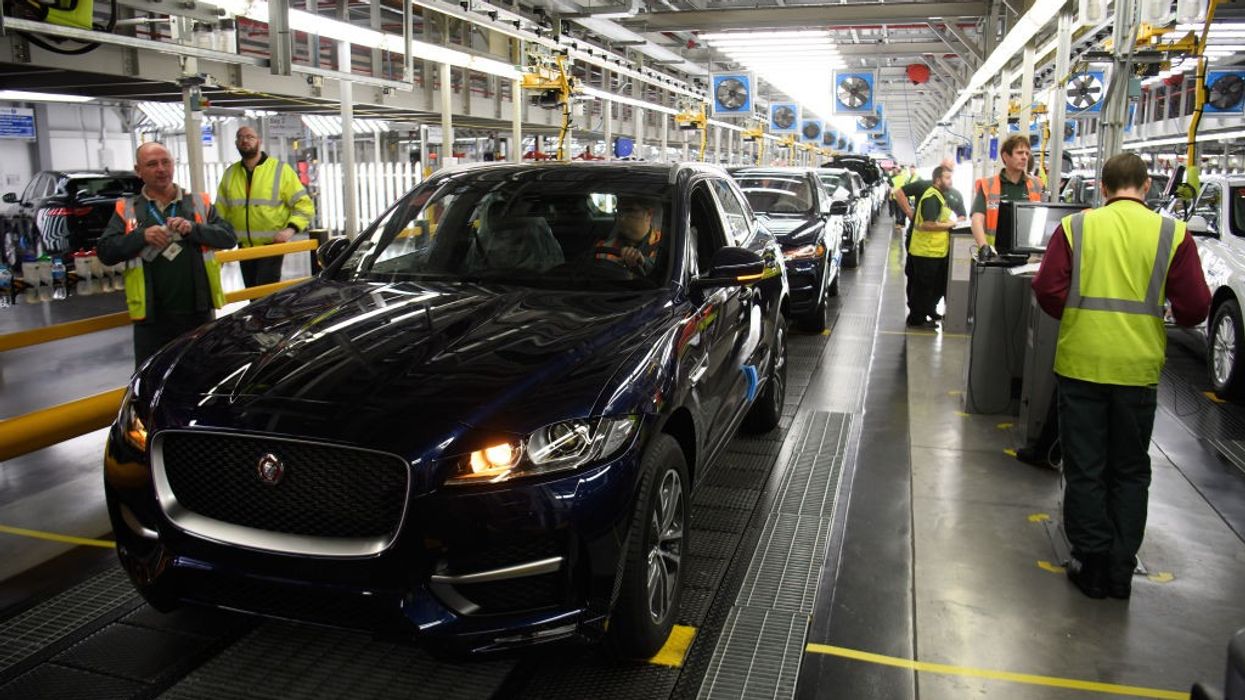JAGUAR LAND ROVER's chief executive has left open the possibility of building cars in the US as questions remain about the newly announced UK-US trade agreement, reported the Telegraph.
Adrian Mardell said that while there are no immediate plans to shift manufacturing across the Atlantic, he couldn't dismiss the idea completely given the ongoing trade uncertainties.
"We had and currently have no cause to build cars in the US at this time, but we cannot discount that it could be the case at some point," Mardell was quoted as saying.
His comments will worry government officials who are rushing to finalise practical aspects of the trade deal announced last week by prime minister Sir Keir Starmer and US president Donald Trump.
The agreement has reduced tariffs from a potential 27.5 per cent down to 10 per cent for the first 100,000 vehicles exported from the UK to the US. This has already prompted JLR to restart US shipments after previously pausing them.
JLR, owned by India's Tata Motors, currently manufactures its popular Range Rovers in Solihull, West Midlands, while producing models like the Land Rover Discovery and Defender elsewhere in Europe.
North America represents a crucial market for the luxury carmaker, with 129,000 vehicles sold there in the year ending March — roughly a third of its worldwide sales. Most of these sales occurred in the US.
However, car manufacturers are still awaiting key details about how the agreement will work in practice. Bentley's chief executive Frank-Steffen Walliser expressed concerns at a Financial Times conference about the current uncertainty.
"The worst thing that can happen to a running business is the announcement of lower tariff," Walliser explained. "It means all your customers say 'I won't buy a car now', especially our customers, our clients don't need a car at the moment."
He added that the lack of clarity was seriously affecting business: "It is super hard on the business at the moment, nobody's moving."
One major question remains about how the tariff-free quota of 100,000 vehicles will be divided among different car companies.
"Is the 100,000 for Bentley? I can live with that," Walliser remarked. "But I assume our colleagues from JLR would also like to have a chunk."
Bentley, which sells around 4,000 cars annually in the Americas with the US being its largest market, has so far avoided price increases by shipping vehicles to America before tariffs were imposed. However, Walliser warned this strategy was becoming unsustainable as stock levels decreased.
"Don't get me wrong, I'm not complaining," he said about the trade deal. "But it is not operational."
Despite these concerns, Starmer has defended the agreement, insisting it "delivers for British business and British workers protecting thousands of British jobs in key sectors including car manufacturing and steel."





